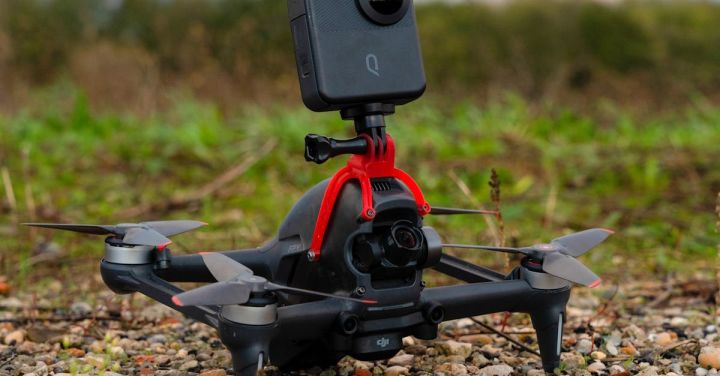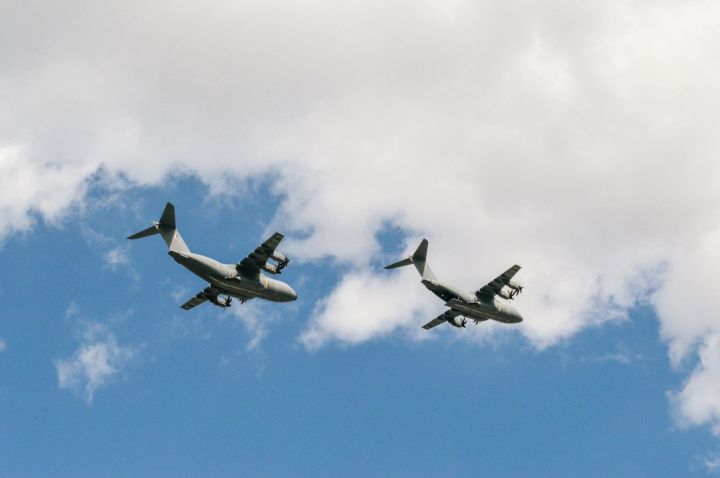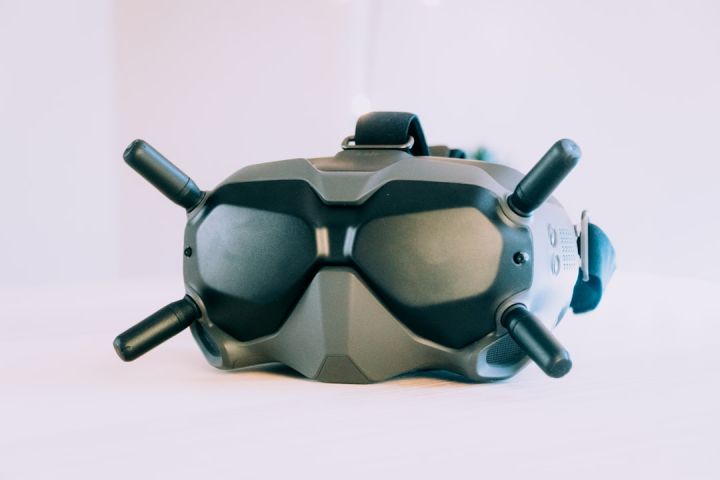Are There Age Restrictions for Rc Pilot Training?
RC (Radio Controlled) pilot training is a recreational activity that has gained immense popularity in recent years. It allows enthusiasts to fly miniature aircraft using remote control systems, providing an exhilarating experience akin to real piloting. However, many people wonder if there are any age restrictions for RC pilot training. In this article, we will explore this topic and shed light on the age requirements for aspiring RC pilots.
The Safety Aspect
Before delving into age restrictions, it is important to understand the safety aspect of RC pilot training. Flying RC aircraft requires skill and precision to ensure the safety of both the pilot and others in the vicinity. As such, it is crucial to have a certain level of maturity and responsibility to operate these aircraft safely.
Minimum Age Requirements
Various organizations and governing bodies have set guidelines regarding the minimum age requirements for RC pilot training. In the United States, for instance, the Academy of Model Aeronautics (AMA) has established a minimum age of 13 for individuals to join as a member and participate in RC flying activities. This age limit ensures that pilots have a basic understanding of safety protocols and are able to comprehend and follow the rules and regulations associated with flying RC aircraft.
However, it is important to note that while the AMA sets a minimum age requirement, individual flying clubs and organizations may have their own specific age restrictions. These restrictions often take into consideration factors such as the complexity of the aircraft being flown and the level of supervision available during training. It is advisable to check with the local flying club or organization to determine any additional age requirements specific to your region.
Adult Supervision for Younger Pilots
For individuals below the minimum age requirement, there is still an opportunity to engage in RC pilot training under the supervision of an adult. Younger aspiring pilots can fly RC aircraft under the guidance and control of an adult who meets the necessary qualifications and has a thorough understanding of safety protocols. This allows younger enthusiasts to learn and develop their skills while adhering to safety guidelines set forth by the governing bodies.
Advantages of Starting Early
While there are age restrictions in place for RC pilot training, starting at a young age can have significant benefits. Younger individuals often exhibit a greater aptitude for learning and can grasp the intricacies of flying RC aircraft more quickly. Additionally, starting early allows for more time to develop skills and gain experience, ultimately leading to a higher level of proficiency in the long run.
Conclusion: A Safe and Enjoyable Hobby
In conclusion, RC pilot training does have age restrictions in place to ensure the safety of all participants. The minimum age requirement of 13, set by organizations such as the AMA, allows individuals to gain the necessary knowledge and maturity required for safe RC flying activities. However, younger enthusiasts can still engage in the hobby under adult supervision, enabling them to learn and develop their skills. Ultimately, RC pilot training is a safe and enjoyable hobby that can be pursued by individuals of different age groups, fostering a love for aviation and providing a unique recreational experience.







